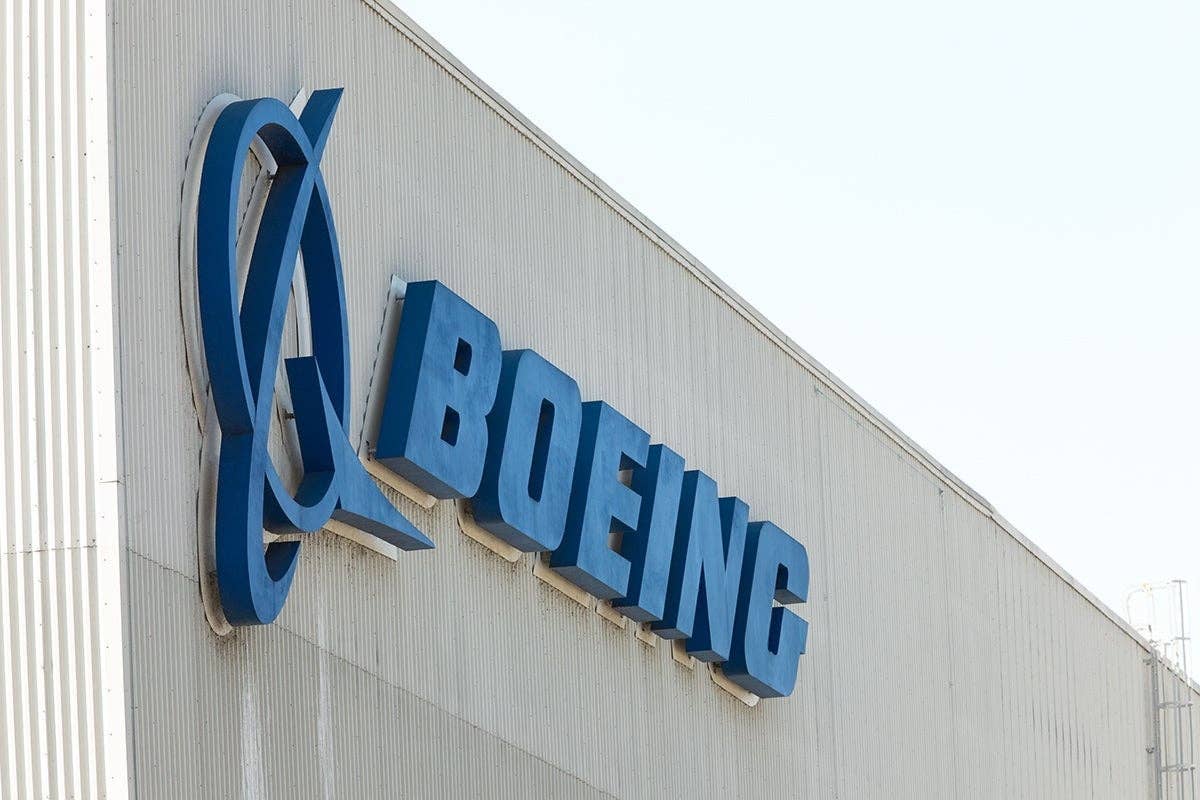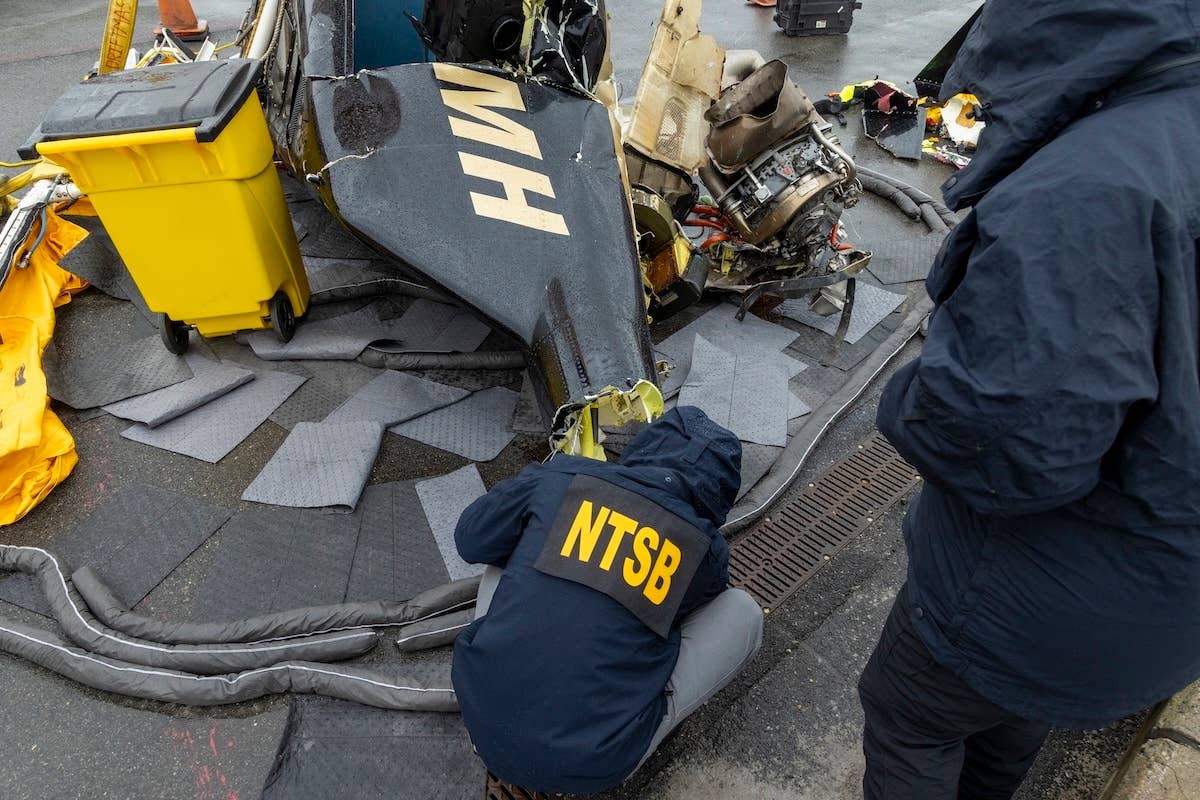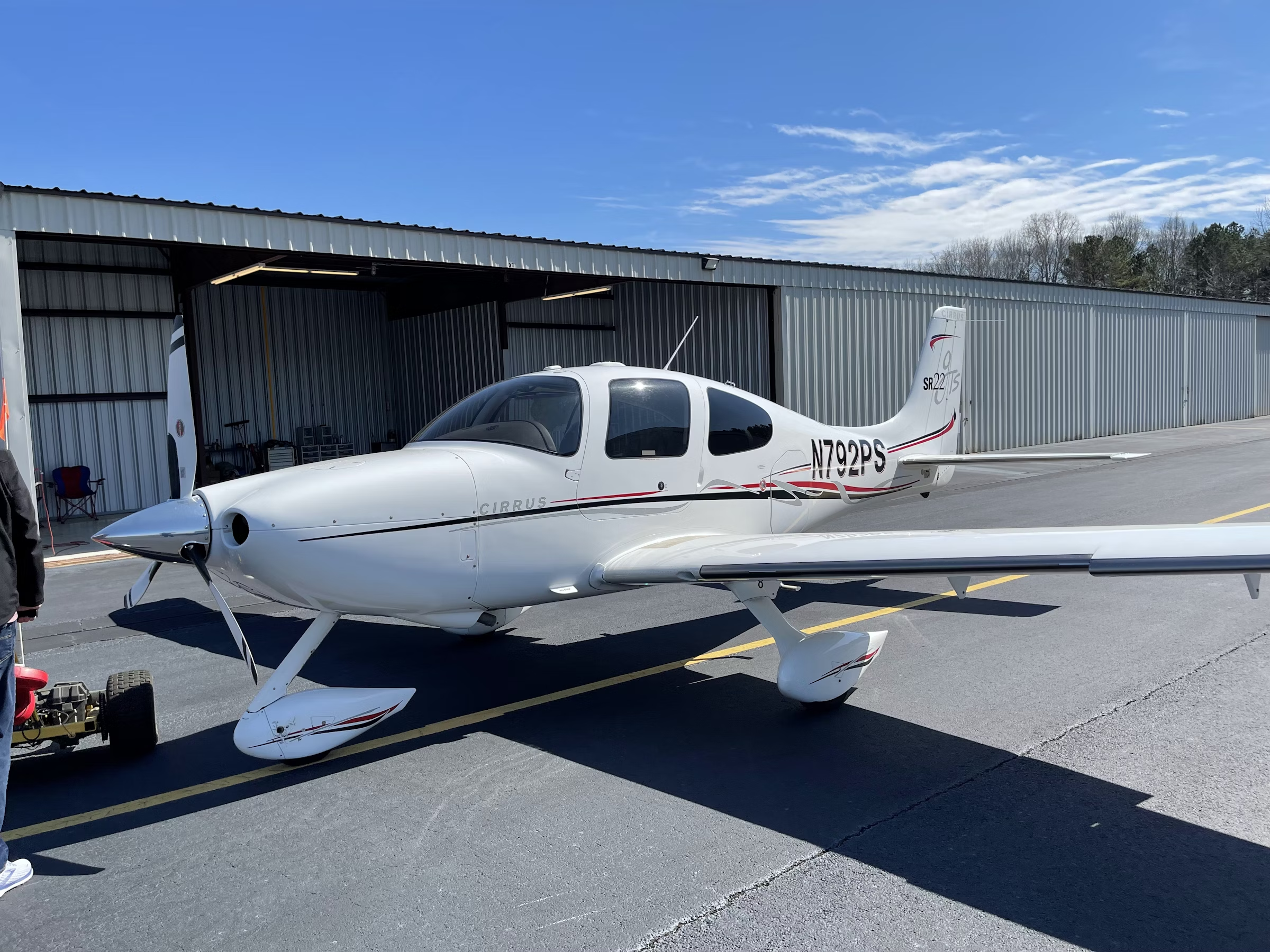DOT Audit: FAA’s Boeing Oversight ‘Not Effective’
The Office of Inspector General issued 16 recommendations for the agency to improve its oversight role.

[Credit: Shutterstock]
FAA's oversight of Boeing 737 and 787 production lines is "not effective," according to a report from the U.S. Department of Transportation Office of Inspector General (OIG).
Boeing production has been under the microscope since January, when an improperly installed door plug blew out from an Alaska Airlines 737 900 Max as it climbed out of Portland International Airport (KPDX). There were no serious injuries and the aircraft was able to return to the airport for a safe landing.
The event prompted government officials including the National Transportation Safety Board (NTSB), and DOT to take a closer look at Boeing and its relationship with the FAA, the agency responsible for certifying aircraft.
The OIG audit issued 16 recommendations for the FAA to improve its oversight, including developing a structured approach for assessing Boeing production, and guidance for evaluating the company's supplier control.
FAA Responds
The OIG report noted that the FAA lacks "an effective system" to oversee individual Boeing factories and has not assessed the effectiveness of Boeing's safety management system. Earlier this year, the latter was discussed at length at NTSB hearings addressing the door plug event.
FAA officials said the agency "concurs with all the OIG’s recommendations and has provided the Inspector General an implementation timeframe," according to a statement sent to FLYING. "The agency is committed to continuously improving our oversight processes and took aggressive action following the January 5 Alaska Airline door plug incident."
In addition to enhanced oversight of the aircraft manufacturer, "The FAA is currently conducting a comprehensive, systemwide review of our oversight models," the agency said. "This work, in alignment with the OIG’s recommendations and recently passed reauthorization legislation, will enhance the agency’s capabilities to provide more dynamic, data driven oversight."
Boeing officials continue to "engage transparently" with stakeholders and federal regulators in order to improve quality and "regain the trust of the flying public," the company told FLYING in a statement.
"This audit reinforces the improvements we are making as part of the Safety and Quality Plan we presented to the FAA in May 2024," the manufacturer said. "Our plan emphasizes workforce training, simplifying manufacturing plans, eliminating defects, strengthening our safety and quality culture, and monitoring the health of our entire production system including with suppliers.”

Sign-up for newsletters & special offers!
Get the latest FLYING stories & special offers delivered directly to your inbox






